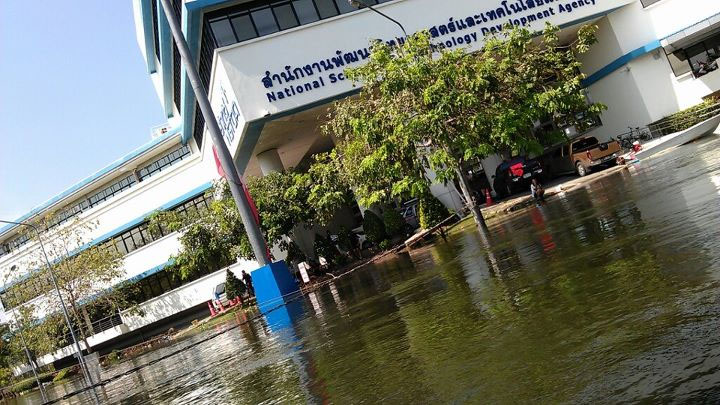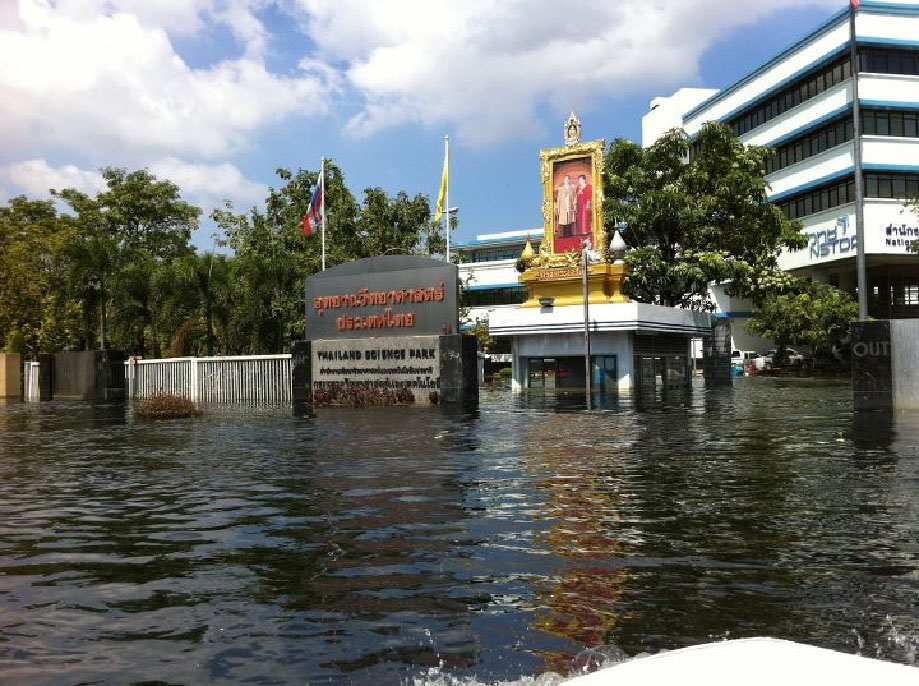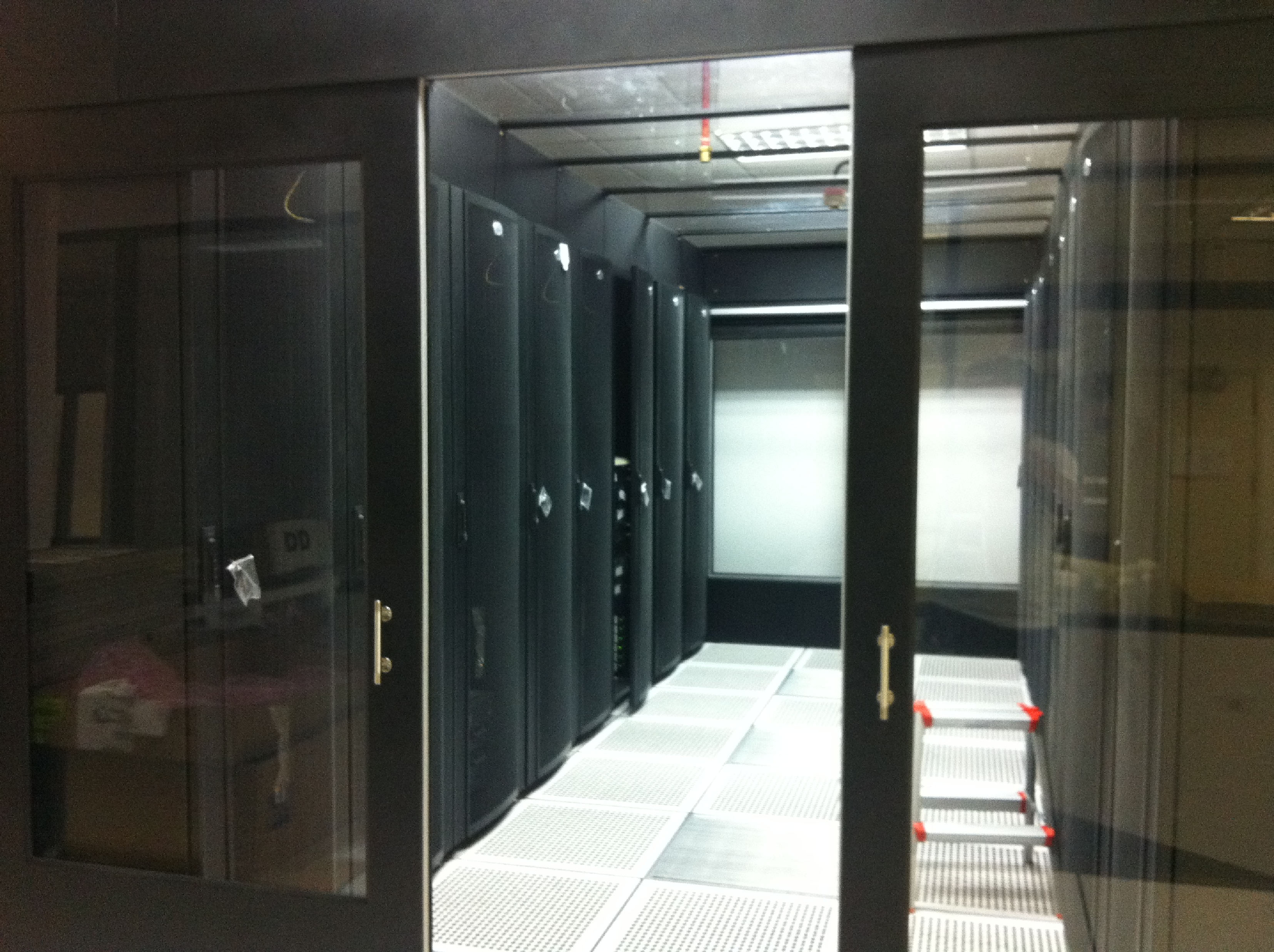Contents
‐ISHIDA-TAISEISHA INC. became an official sponsor providing multiple Language Grid servers in various areas of the world
![]()
‐Language Services and Resources
![]()
‐Collaboration with US NSF Project
![]()
‐Conference Report on Language Resources, Technology and Services in the Sharing Paradigm (LRTS)
![]()
‐Language Grid User Introduction (the 30th): Language Grid Bangkok Operation Center
![]()
‐Periodic Maintenance and Temporary Shutdown
ISHIDA-TAISEISHA INC. became an official sponsor providing multiple Language Grid servers in various areas of the world
In February 2012, ISHIDA-TAISEISHA INC. came to an agreement with the Language Grid Kyoto Operation Center regarding Language Grid servers. Since the the agreement, ISHIDA-TAISEISHA INC. has provided servers in various areas of the world as an official sponsor of the Language Grid.

The provided servers are shared between Language Grid Kyoto Operation Center and its affiliated operators, who will deploy their Language Grid server software and language services on the servers. These servers are expected to accelerate globalization of the Language Grid and contribute to the sustainable operation of the Language Grid. Moreover, response time of the language services in Europe and America, which were slow due to the long distance from the server, will be improved because the Language Grid servers operated by Language Grid Kyoto Operation Center are deployed in both regions.
ISHIDA-TAISEISHA INC. has set up servers on data centers in Indonesia in May, and in the USA in June. After the Language Grid server software and language services are installed, the Language Grid Service Manager will show several tabs corresponding to each server, which will provide endpoint URLs of language services on each server. In near future, ISHIDA-TAISEISHA INC. will set up servers in Japan, Thailand and Europe.
Language Services and Resources
■ WEB-Transer is back online
WEB-Transer, which had been terminated since April in 2011, was reopened in December 2011. WEB-Transer supports the same languages as before, such as Japanese, Chinese, Korean, English, French, German, Italian, Spanish, and Portuguese. Please use Japanese and English as a hub language to translate Asian languages and European languages, respectively. Note that users can access WEB-Transer with the same service ID as before. We recommend that users should use WEB-Transer when translating large amounts of sentences in European languages because this service is provided by translation server software.
■ New Language Resources added
[Service type: Other]
Word Translation Combined with Temporal Dictionary/Kyoto University/Composite Service/
This service invokes a translation service to translate a word file and returns a corresponding translated word file.
Collaboration with US NSF Project
US National Science Foundation(NSF)project "The Language Application Grid: A Framework for Rapid Adaptation and Reuse"(Project Leaders: Professor Nancy Ide, Department of Computer Science, Vassar College, and Professor James Pustejovsky, Department of Computer Science, Brandeis University), and Japan Society for the Promotion of Science (JSPS)'s Scientific Research of Grants-in-Aid for Scientific Research (S) project "World-Wide Sustainable Language Service Infrastructure Based on Multi-agent Model"(Project Leader: Professor Toru Ishida, Department of Social Informatics, Kyoto University) agreed to collaborate on research of language service standardization and usage of the Language Grid software.
The above US NSF project is one of the most important language service research projects in the United States, which shares the concept of "shifting from language resources to language services" with the Language Grid related JSPS project. Project leaders and researchers of the two projects will hold the first joint meeting on July 16th-20th, 2012 at Kyoto University, discussing about the future collaboration framework.
Conference Report on Language Resources, Technology and Services in the Sharing Paradigm (LRTS)
On November 12th 2011 in Chiang Mai, Language Resources, Technology and Services in the Sharing Paradigm was held as post-conference workshops of International Joint Conference on Natural Language Processing (IJCNLP-2011). This workshop was co-organized by FLaReNet, META-SHARE, and the Language Grid, the purpose of which was to discuss issues on infrastructure for language resource sharing and promote international cooperation among them.
This workshop had 14 presentations, including 4 presentations about the Language Grid, 4 about META-SHARE, and 3 about FLaReNet. The presentations related with FLaReNet and META-SHARE mainly focused on catalogue and metadata to organize language services, and UIMA infrastructure for interoperability of language services. These presentations indicated that both European projects addressed an infrastructure for researchers in natural language processing domain to analyze a large amount of texts. On the other hand, the Language Grid aims at constructing a multi-language service infrastructure for field workers. Through this workshop, the difference of goals between the European projects and the Language Grid was clarified. In the future, introducing language service metadata standardized by META-SHARE and integrating UIMA in to the Language Grid are expected.
Language Grid User Introduction (the 30th): Language Grid Bangkok Operation Center
[Flood Situation and Language Grid Bangkok Operation Center]
October 12th 2011, NSTDA announced to the NSTDA staff to move from Science Park area and decided to close the Science Park. In order to save energy as much as possible, we turned down almost all servers and kept only the most important ones running, such as mail server and web server. Although, our NSTDA and NECTEC staff collaborated with the staff at Thammasart University and Asian Institute of Technology to try and protect NECTEC from the flood, it is too difficult and challenge problem for us to solve. Finally, flood entered the Science park on October 22nd, 2011.


Language Grid Bangkok Operation Center and our collaborative partners, who are working NLP research (i.e. Kasetsart University and Sirindhorn International Institute of Technology (SIIT)), were affected by the flood. Both universities are working towards developing resources in the WEB service approach. We plan to sign an agreement with both universities in next January (January, 2012).
Currently (December, 2011), operations at NECTEC returned to normal, and all electricity is running smoothly. NECTEC plans to move all server to “Green Data Center Room”, which is designed to save energy, and support cloud computing. We hope to set up our Language Grid server there next year (2012).




Periodic Maintenance and Temporary Shutdown
■ Periodic maintenance
Periodic maintenance will be carried out as below. If you wish to use the Language Grid during this period, please contact us in advance at operation [at] langrid.org.
‐August 6th, Monday/ from 18:00 to 21:00 (JST)
‐September 3rd, Monday/ from 18:00 to 21:00 (JST)
‐October 1st, Monday/ from 18:00 to 21:00 (JST)
‐November 5th, Monday/ from 18:00 to 21:00 (JST)
*As a general rule, periodic maintenance will be carried out every on first Monday of every month from 18:00 to 21:00 (JST). Please refer to the Language Grid portal sites at: http://langrid.org/en/.
■ Temporary Shutdown
Due to seismic retrofitting in Yoshida campus, the Language Grid server will be relocated. Temporary Shutdown will be carried out on the following dates:
‐August 8th, Wednesday/ from 00:00 to 24:00 (JST) - Complete shutdown
‐August 9th, Thursday/ from 00:00 to 24:00 (JST) - Chance of connection problems
